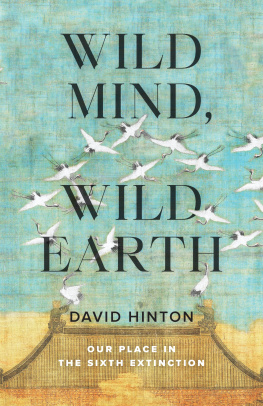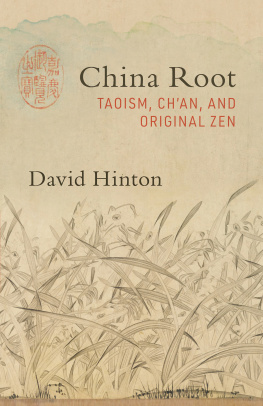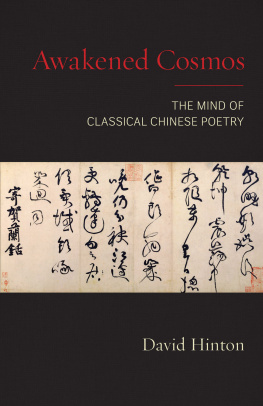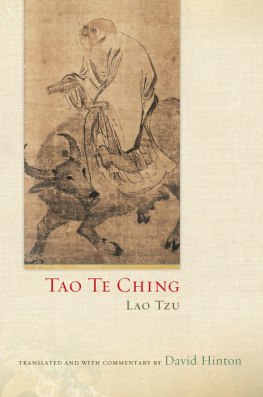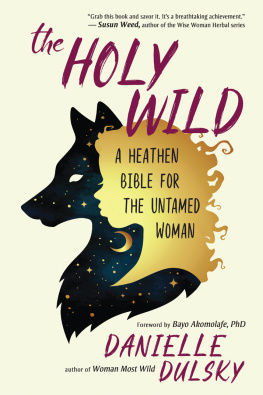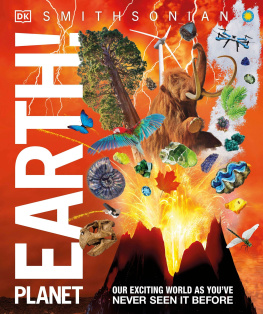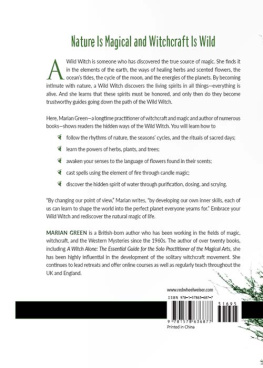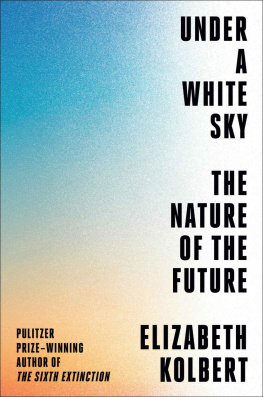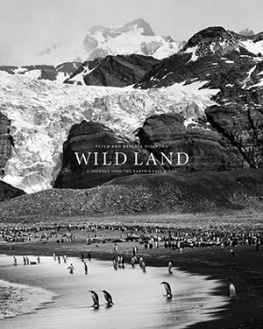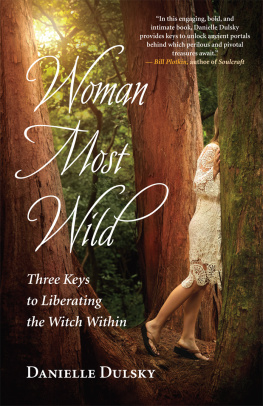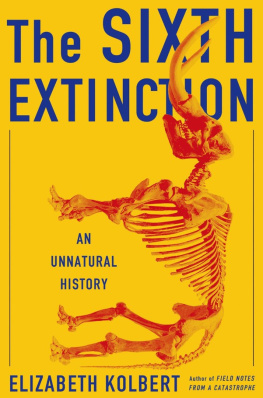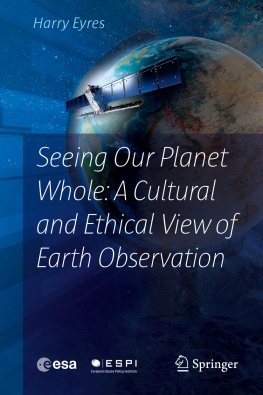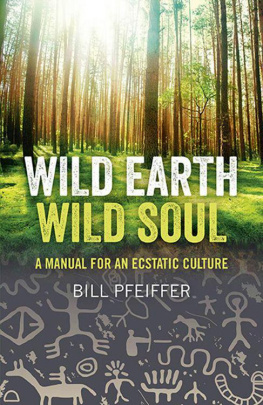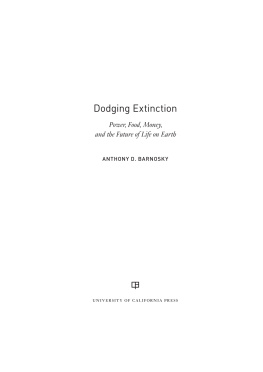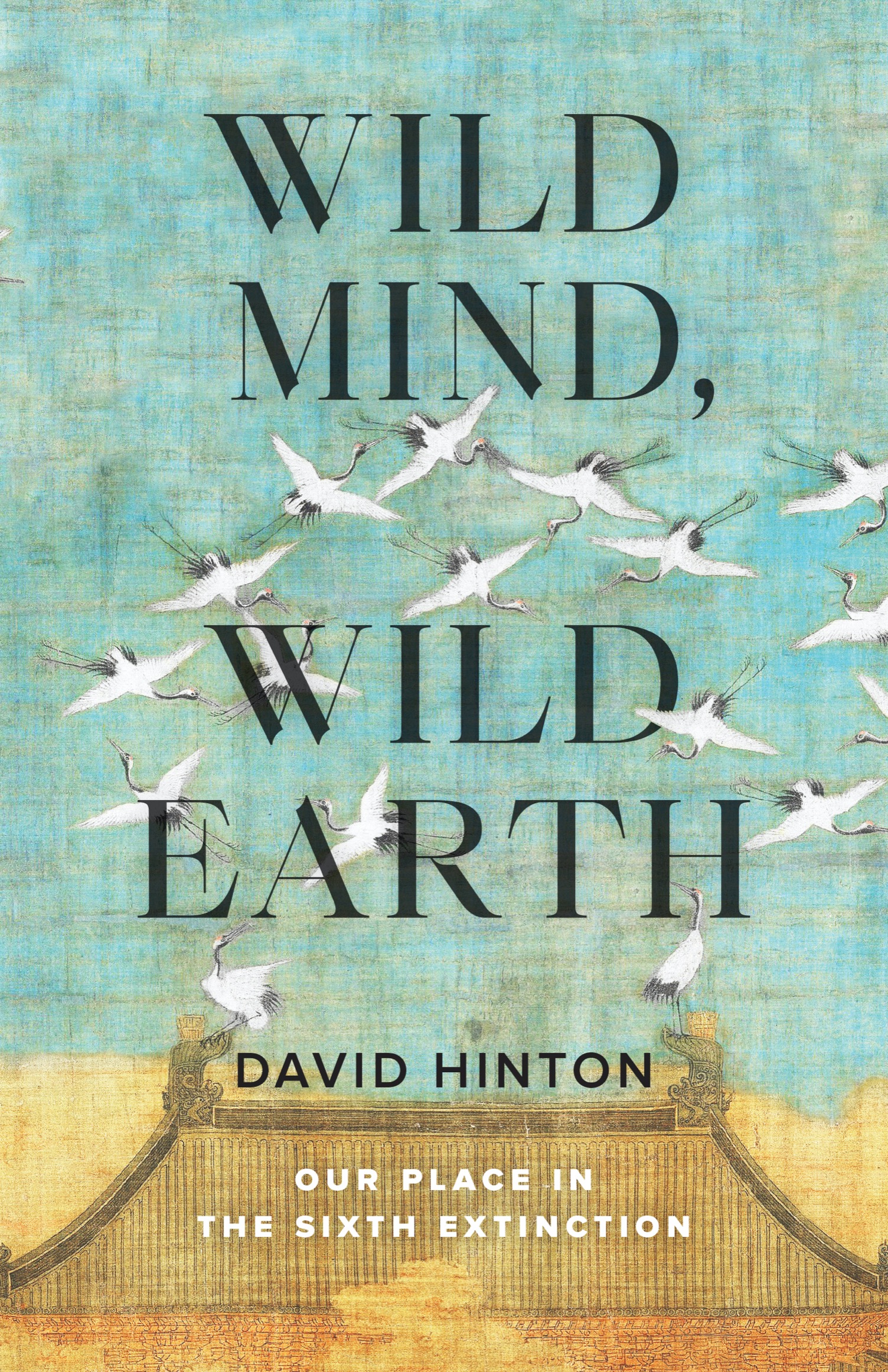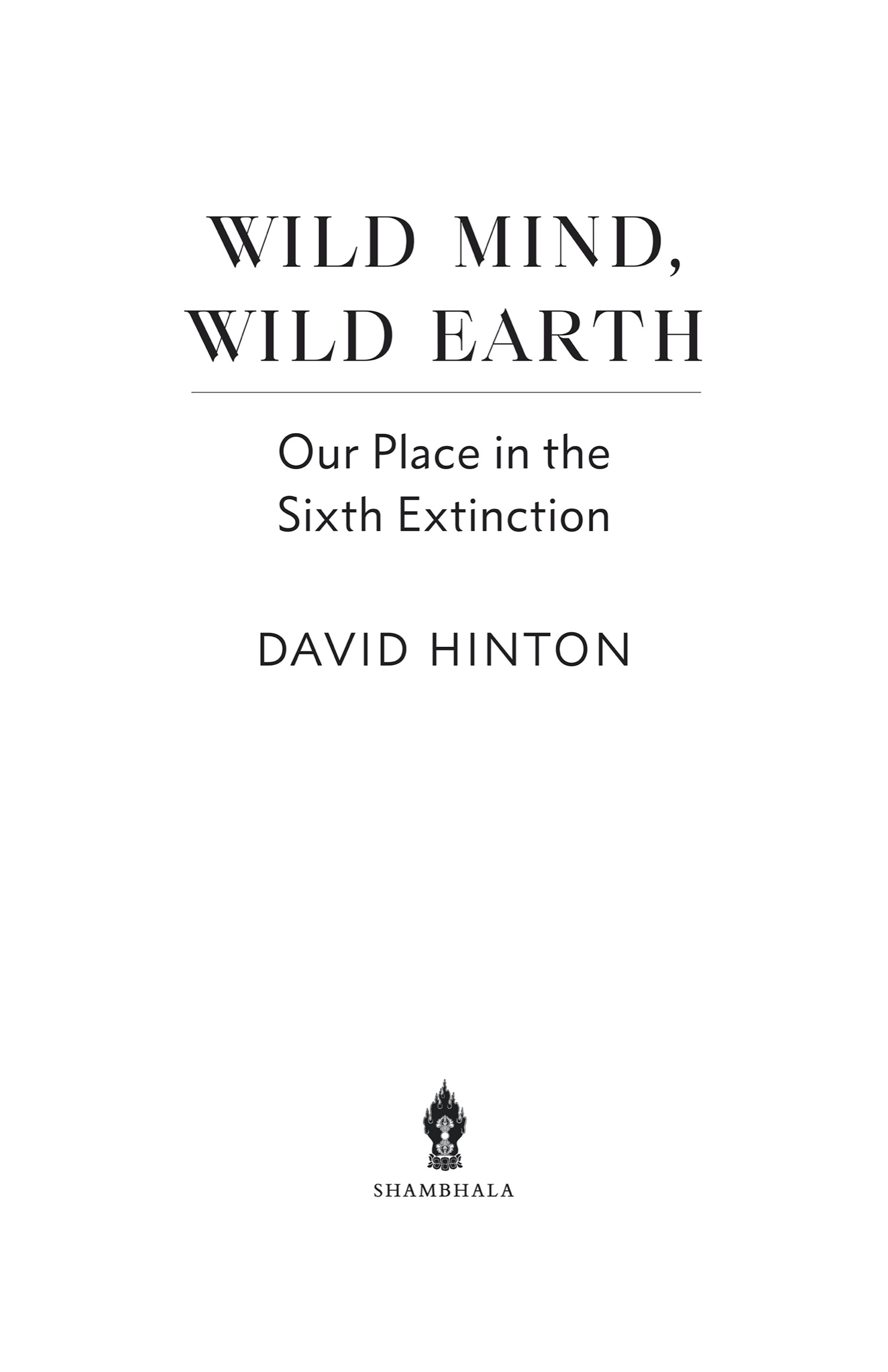Contents
Landmarks
Print Page List
Other Books by David Hinton
WRITING
China Root (Essay)
Awakened Cosmos (Essay)
Desert (Poetry)
The Wilds of Poetry (Essay)
Existence: A Story (Essay)
Hunger Mountain (Essay)
Fossil Sky (Poetry)
TRANSLATION
The Selected Poems of Tu Fu: Expanded
No-Gate Gateway
I Ching
The Late Poems of Wang An-shih
The Four Chinese Classics
Classical Chinese Poetry
The Selected Poems of Wang Wei
The Mountain Poems of Meng Hao-jan
Mountain Home
The Mountain Poems of Hsieh Ling-yn
Tao Te Ching
The Selected Poems of Po Ch-i
The Analects
Mencius
Chuang Tzu: The Inner Chapters
The Late Poems of Meng Chiao
The Selected Poems of Li Po
The Selected Poems of Tao Chien
The Selected Poems of Tu Fu
Shambhala Publications, Inc.
2129 13th Street
Boulder, Colorado 80302
www.shambhala.com
2022 by David Hinton
Cover art: Emperor Hui Tsung (9601127).
Auspicious Cranes (1112), detail.
Liaoning Provincial Museum, Shenyang.
Cover design: Katrina Noble
Interior design: Steve Dyer
All rights reserved.
No part of this book may be reproduced in any form or by any means, electronic or mechanical, including photocopying, recording, or by any information storage and retrieval system, without permission in writing from the publisher.
Shambhala Publications makes every effort to print on acid-free, recycled paper.
Shambhala Publications is distributed worldwide by Penguin Random House, Inc., and its subsidiaries.
LIBRARY OF CONGRESS CATALOGING-IN-PUBLICATION DATA
Names: Hinton, David, 1954 author.
Title: Wild mind, wild earth: our place in the sixth extinction / David Hinton.
Description: Boulder: Shambhala, 2022.
Identifiers: LCCN 2022011351 | ISBN 9781645471479 (trade paperback)
eISBN 9780834844773
Subjects: LCSH : Ecocriticism. | Ecology in literature. | EcologyReligious aspectsBuddhism. | Environmental ethics. | Buddhist ethics. | BuddhismEnvironmental aspects. | Global environmental change.
Classification: LCC PN 98. E 36 H 56 2022 | DDC 809/.9336dc23/eng/20220518
LC record available at https://lccn.loc.gov/2022011351
a_prh_6.0_141688262_c0_r0
Contents
I
How a Little Poem from Ancient China Could Save the Planet
Before intention and choice, before ideas and understanding and everything we think we know about ourselveswe love this world around us. How can that be? How can we love all this when our cultural assumptions tell us in so many ways that we humans are fundamentally other than nature, and that natures only real value is how it supports our well-being? Theres no love in that. Doesnt love require kindred natures? And what is kinship with wild earth but wild mind?
How else could we feel exhilarating awe when a majestic orca whale leaps joyfully, yes (forget anthropomorphism, because they are so like us, so kindred) leaps joyfully out of the water, twisting spectacularly as it crashes back down: playing, or celebrating, or defiantly shouting Im here! Im me! to the world, to rivals, to family? And how else could we feel delight at orcas birthing (underwater midwifery!) and nurturing their young? Or feel grief that southern resident orcas of the northwest coast are slowly starving to death, anger and guilt that its because of us: the noise of industrial ship traffic disrupting the echolocation they need to locate prey; polluted seawater; Chinook salmon, their traditional prey, decimated by dammed rivers and overfishing and environmental toxins? We feel despair that because of so much stress those orcas rarely give birth anymore, that the first baby in years died soon after birth and the mother carried it on her nose for seventeen days: above water, hoping it would breathe, hoping it would somehow come back to life. Others sometimes took over the task to let the mother rest, but eventually mother and child both vanished. Heartbreaking. Devastating.
We love this world, this living planet: we feel joy when life thrives, grief when it suffers and dies. This may seem obvious and uninteresting in and of itself. But its a mystery, isnt it? Because given our Western assumptions, its inexplicable. Ancient Greek philosophy conjured a transcendental realm of pure idea that seemed more real and true than the empirical world around usbecause pure idea is changeless and therefore reliable, while wild earth is constantly changing and therefore unreliable. This transcendental realm was associated with an immortal soul, establishing a dualism that opens a fundamental rupture between mind and earth. That dualism set the course of Western consciousnessespecially as combined with Christian theologycontinuing today as an unnoticed cultural assumption that defines the very structure of our everyday experience. And its quite the opposite of kinshipfor it tells us that we are not wild, not earth. It tells us instead that we are the noble human, in strict opposition to the fundamentally other and lesser nature.
Togetherness is a primordial value, deeper and more ancient even than self-awareness, let alone philosophizing. It inheres in the body itself. We instinctively need togetherness; and togetherness requires kinship. Indeed, this goes so deep that it challenges our assumptions about individual identityfor without kinship and togetherness, what are we? We curl up together and sink into that primal mystery called sleep. We wake and talk together, cook and eat, make love, and sleep again. We inhabit a single tissue of language (or it inhabits us). We are positively interfused and adrift in itand in family, community, culture, civilization. And why would it stop with our species?
In the beginnings of human culture, it did not. Amid the first glimmers of human self-consciousness, Paleolithic hunter-gatherers assumed themselves kindred to wild earth, which was itself the sacred. Though in that cultural context so different from our own, sacred couldnt mean anything beyond the mysteriously generative tissue of existence itself. Indeed, in nurturing that kinship, spirituality and art celebrated the wonder of that existence-tissue, its vast and bountiful transformations.
What a deep and unrecognized wound must lay open in usour Paleolithic kinship with the web of life torn so completely asunder, mind no longer wild and integral to wild earth. That kinship is still there for children today: they instinctively feel it, and they hear it in the stories we tell them, stories full of endearing animal characters. But unlike Paleolithic cultures, our culture strips children of that kinship, leaving us in adulthood bereft of primordial togetherness. It must be an elemental sorrowto be separated from the wondrous expanse of planetary life, its origins and the forces that drive it. Paleolithic stories tell of that planetary togetherness, speak of creatures like orcas as sisters and brothers, as ancestors. But the foundational stories of our Greek-Christian West describe a self-enclosed human realm separate from everything else. Its a wound so complete we cant see it anymore, for it defines the very nature of what we assume ourselves to be: centers of spirit-identity fundamentally separate from the world around us.

